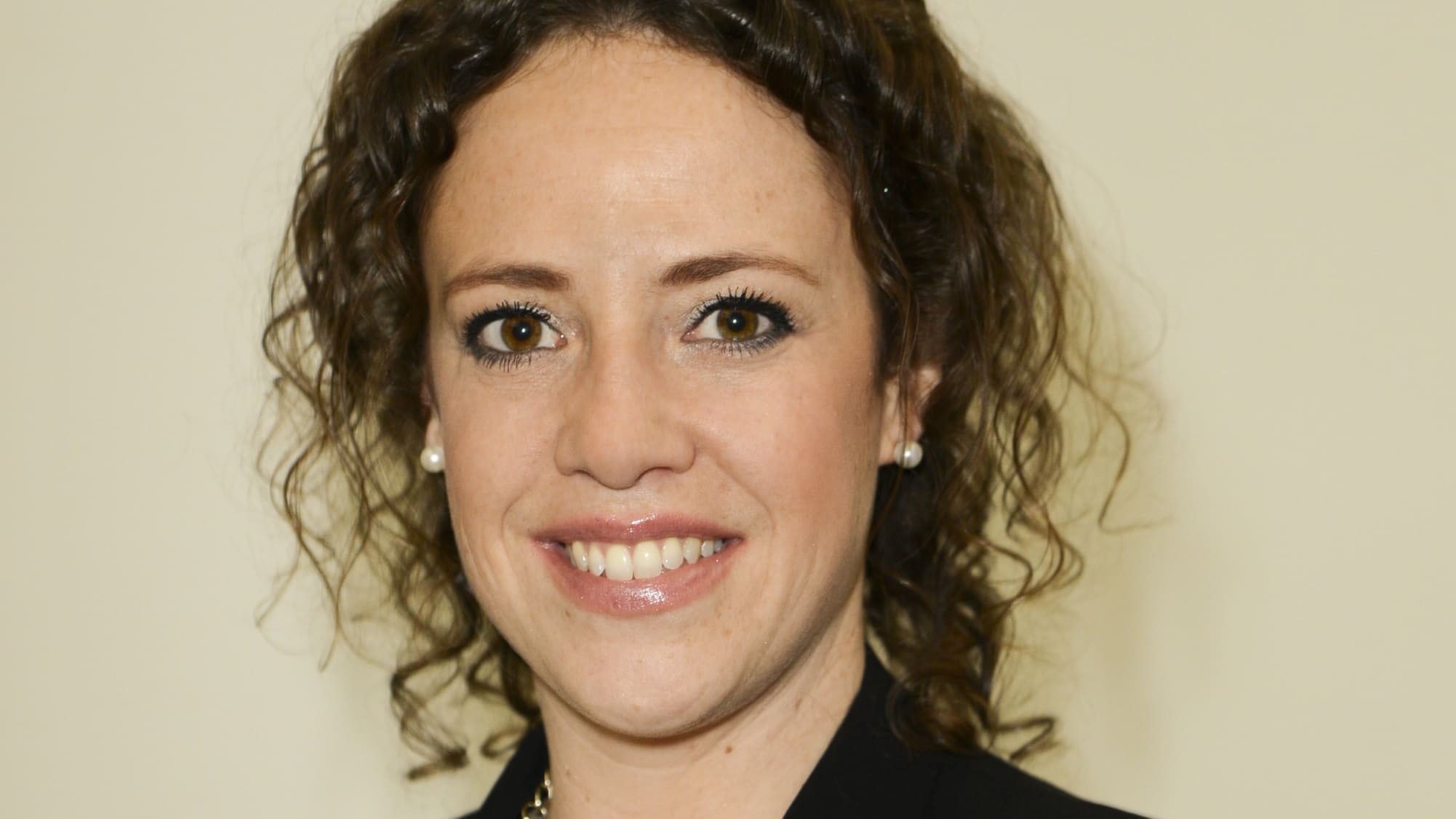You are viewing your 1 free article this month. Login to read more articles.
Williams takes University of Wales Press into second century with ambitious plans
The University of Wales Press, which is gearing up to toast its centenary in 2022, has two titles celebrating the landmark and plans to launch a ‘start-up’ from within its operations.
Business is “good but very busy” for the University of Wales Press (UWP), according to its director Natalie Williams. This year, in addition to the logistical challenges posed by the pandemic and Brexit, the press has seen quite a bit of staff turnover, but it is now “in a really good place” as it gears up for its centenary in 2022.
Williams and her team are “very excited” about the landmark. She says: “We’re looking at this in three key ways: firstly, to look back at our founding, our mission and to celebrate all of the things that we have achieved over our first 100 years; secondly, to show our appreciation of and gratitude to all of our incredible team, authors, suppliers, funders, customers, and all other partners who are our wider press family; and thirdly, to look to our future strategy and growth plans.”
The press’ celebrations will include a mixture of publishing, events and new projects. This includes two centenary titles: The History of Wales in 12 Poems by M Wynn Thomas, which published this September and is already on its third print run; and Dychymyg Iaith (Imagining Language) by Mererid Hopwood, which will be released in time for Wales’ national Eisteddfod festival next summer. It has events planned at the Eisteddfod and in the Senedd (Welsh Parliament) during St David’s week in March. Academic and UWP commissioning editor Llion Wigley is authoring a piece on the history of the press, which will also run promotions celebrating key works and authors throughout 2022.
Additionally, it is refreshing its branding to include its founding year. As part of this work, the team has located the minutes of the very first UWP board meeting and the first use of the press’ hand-drawn logo, by John Morris-Jones, which it will be re-creating digitally.
Next year will mark the launch of UWP’s first titles for schools, including new curriculum resources and Welsh-language undergraduate titles in partnership with Coleg Cymraeg Cenedlaethol (National Welsh College). The press will also be launching a brand new imprint targeting an international non-fiction trade market, which Williams describes as “a big move for us”. She feels that the imprint will fill a gap in the market, which has been reflected by the press’ research and market feedback. She expands: “The aim of this imprint is founded from some of our press values—trusted content, high quality, international reach, Wales links—but taking a very different approach to appeal to a different audience.
“These aren’t necessarily books about Wales or its localities in isolation, rather they are stories where Wales has a role or contribution to a broader area of interest, for example food, nature writing, the environment, art, music, memoir and more.”
The Books Council of Wales has backed this new venture, enabling UWP to introduce the new post of publisher at the press to lead the imprint. It has been filled by Amy Feldman, formerly general books and guidebooks editor at the National Trust. It has also re-shaped its sales and marketing team, appointing Maria Vassilopoulos, who was previously publishing sales and marketing manager at The British Library, as global sales manager. William says that the team is essentially creating a “second infrastructure across the press” for the new trade titles, adding: “We are almost thinking of this as a start-up within an existing organisation. While we have robust processes for our academic publishing, we are re-working the entire process for these books, from commissioning, to budgeting, to author contracts, pricing, design, production considerations and how we position and present to customers.”
New approaches
UWP intends to work with new sales partners, and work differently with the partners it currently has, for this imprint. “There is a huge publicity thrust and investment of resources in this area, focusing much more on getting the book and the author out there in every relevant media channel and to booksellers, and thinking deeply about how we reach these new markets.” The team has just settled on a name for the imprint and will be designing the branding shortly, with plans to invest heavily in the imprint launch in the latter half of next year to “ensure we make a real splash”. “There is already a real buzz around this new imprint and we can’t wait to share more news over the coming months,” says Williams.
Another new project that Williams has been working on this year is Cyhoeddi Cymru/Publishing Wales (CCPW), a publisher-run membership organisation launched earlier this year, which UWP is a founding member of. She reports that things are “going really well” for the group, which held its first members’ meeting two weeks ago and has “a solid membership of publishers in Wales, and is growing”. She admits that home working has helped the organisation to get off the ground, explaining: “We’ve managed to bring together publishers from all over Wales into regular meetings on-screen, which probably would have taken months to achieve prior to the pandemic.” Now, CCPW is working towards outlining “the key tangible deliverables in the immediate and longer-term” and Williams promises “more developments over the coming months”.
A moment of pause
While Williams considers the centenary as a “moment to reflect”, she also deems it “a real turning point” for UWP, saying: “So much has changed in Wales and the world since the press’ founding, and our mission for Wales will always evolve. For example, we are launching two important new series in the coming months, focusing on amplifying research and voices which have previously been hidden across Wales and beyond, namely on queer studies and race/ethnic studies.” She adds: “It is our responsibility to ensure that our mission represents all critical aspects of Welsh identity. As a bilingual nation, we always consider what more we can do to support both languages through our publishing. We must also consider how Open Access impacts how we reach our authors and readers.”
When I ask Williams if she believes the press will still be operating in 100 years’ time, she laughs and boldly declares: “It will be around for the next 1,000 years!” She continues: “The press is a national asset. Without it, critical academic works from and about Wales would not be published, particularly in the Welsh language. People are very passionate about the press because it has a mission and serves a unique purpose in protecting and promoting our history and identity.” That said, she warns that the team “cannot be complacent”. Towards the end of next year, UWP will announce its five-year strategy. This will focus on growth across all of its portfolios; its mission and academic humanities publishing; looking to its new initiatives, such as the trade imprint; reaching new audiences; and working towards financial sustainability.
She concludes: “It’s a very exciting, albeit busy time for the press. I think bringing all that together and celebrating that next year will be interesting, but very fun. We’ve got a really, really strong team and we are very excited about where that will take us. As long as we’re always delivering on our mission and working towards that financial sustainability, I’m certain the press has a very long future ahead.”










